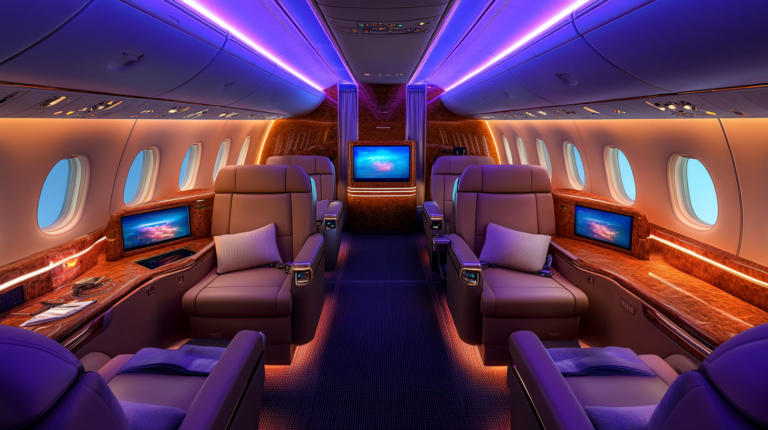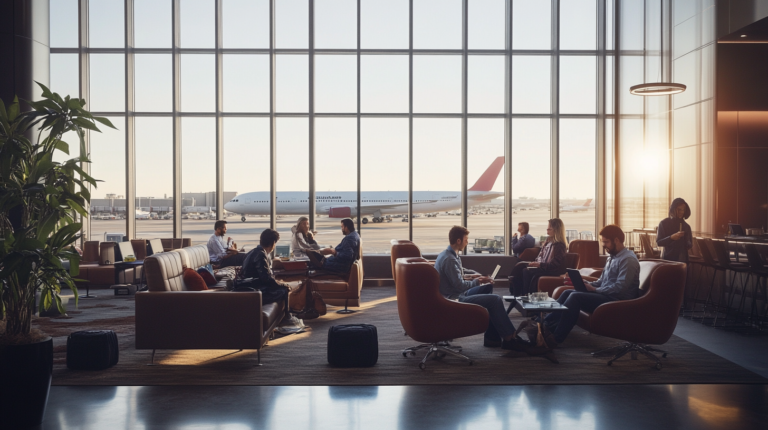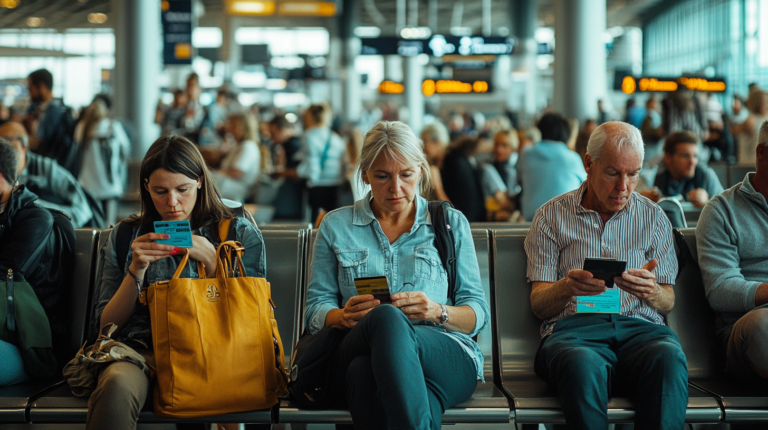Hyper-Personalized Travel Experiences: The Trend Towards Highly Customized Trips Tailored to Individual Preferences
The travel industry is undergoing a significant transformation, one that touches every corner of the globe. In an era where personalization is paramount and the desire for authentic experiences is at an all-time high, travelers are no longer content with generic itineraries. Instead, they are seeking adventures that are not just unique but also meticulously tailored to their individual preferences, interests, and passions. This profound shift towards hyper-personalized travel is reshaping the way we explore the world, offering bespoke journeys that delve deep into local cultures and cater to the nuanced desires of each traveler. Discovering the Future of Personalized Travel Experiences
The Rise of Personalization in Travel
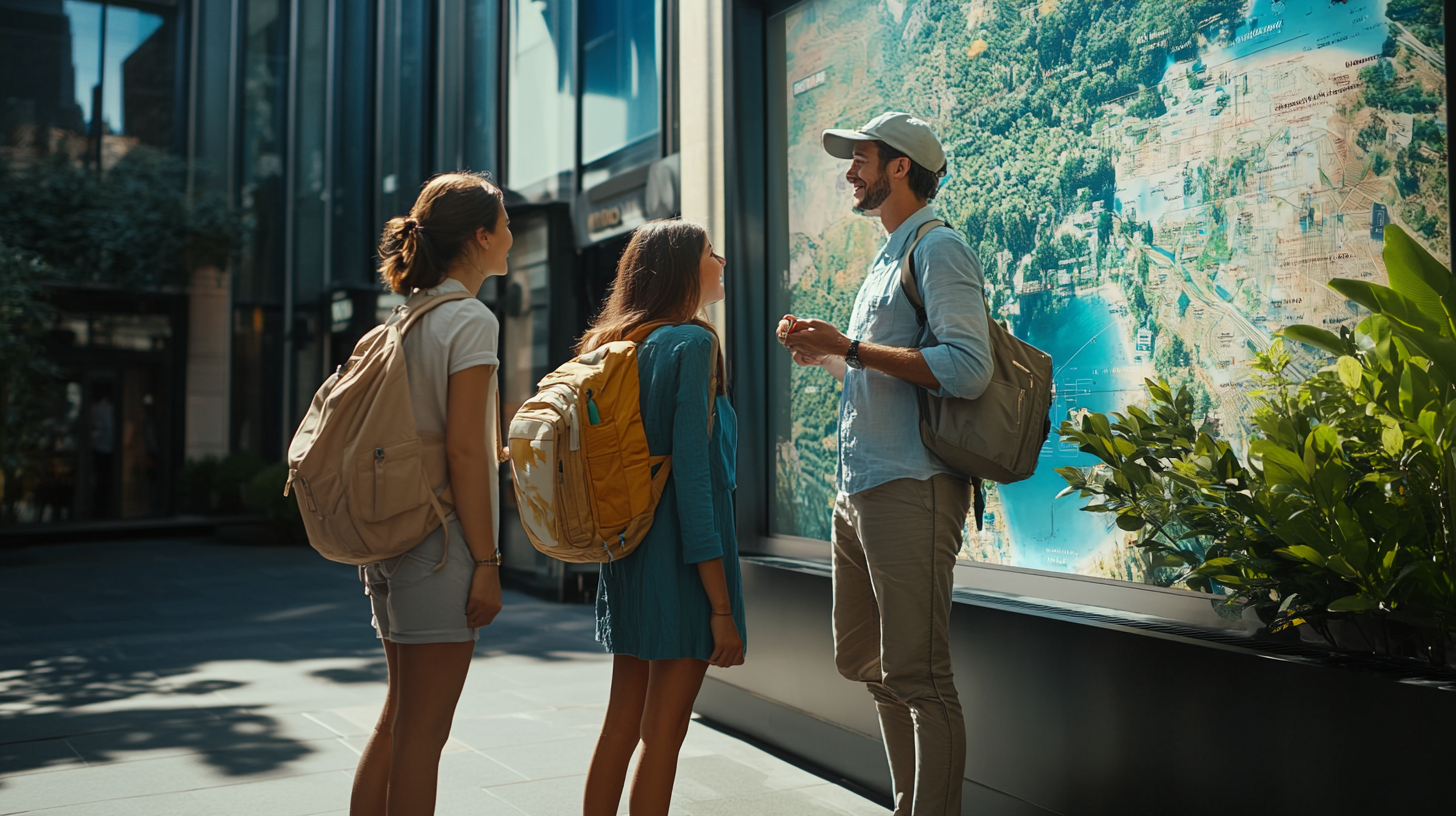
Emerging travel trends in 2025 highlight a burgeoning demand for personalized and bespoke experiences that transcend ordinary tourism. The customization market is booming, with a projected growth of 17.8% CAGR between 2022-2032. This unprecedented surge reflects a significant shift from traditional, one-size-fits-all travel packages to itineraries that are crafted uniquely for each individual. Travelers are increasingly seeking out adventures that resonate with their personal stories, whether it’s tracing ancestral roots in a distant country or embarking on culinary tours that satisfy their gastronomic curiosities.
Luxury travel brands like Audley Travel and Purple Ski are at the forefront of this movement, redefining what personalized travel means in the modern era. They cater to niche desires, offering tailor-made experiences such as private fine dining on secluded mountain peaks or fulfilling unique customer requests like installing DJ booths in chalets and sourcing rare vintage wines for discerning oenophiles. These bespoke services create unforgettable memories that align perfectly with individual passions and preferences. Simultaneously, establishments like Heckfield Place and citizenM focus on personalized wellness journeys and innovative sleep programs, recognizing that well-being is an integral part of the travel experience. By customizing amenities and services to the unique needs of each guest, they enhance guest experiences across various sectors. The Impact of Luxury Brands on Personalized Travel
Technology as a Catalyst for Hyper-Personalization
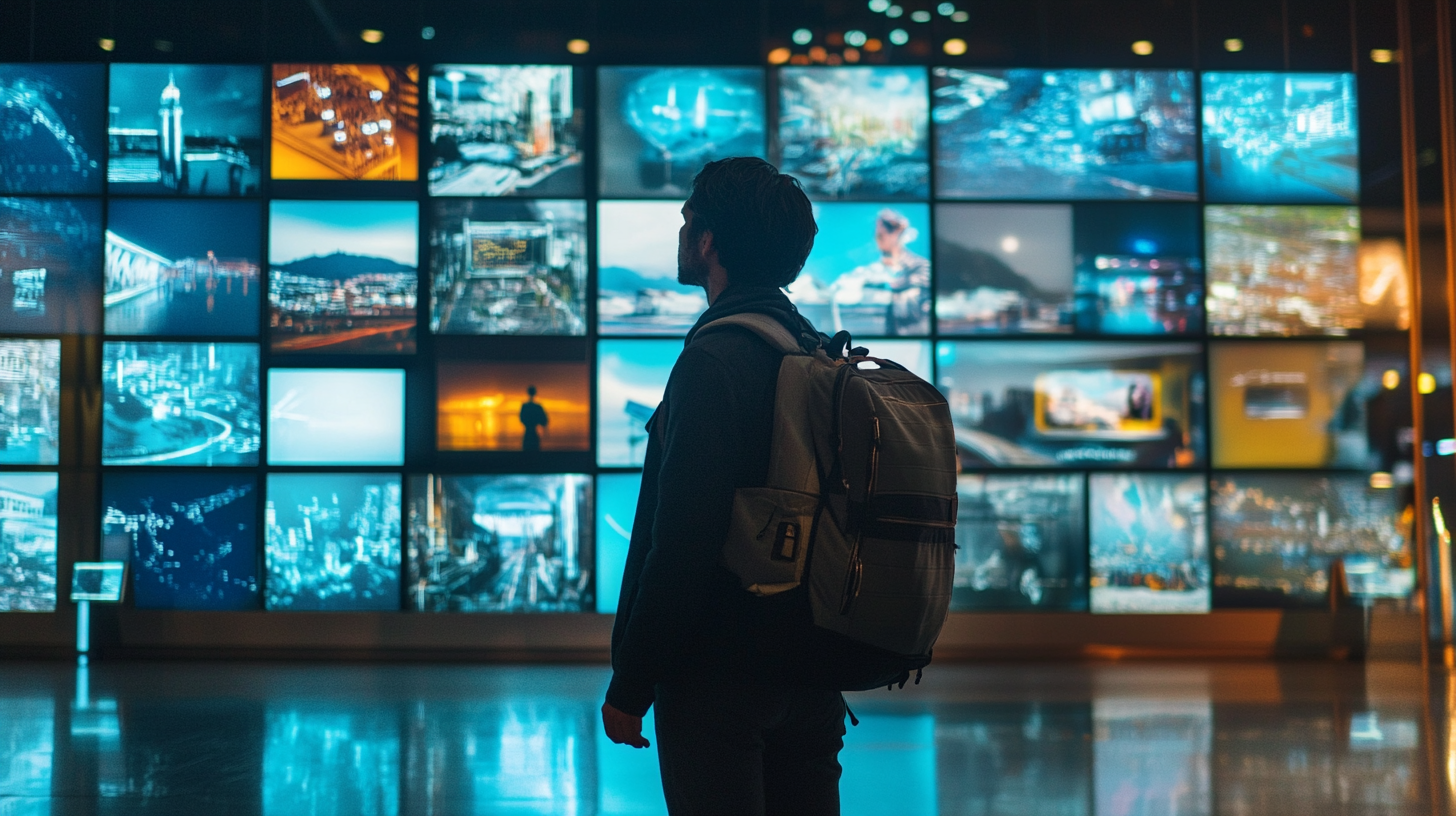
The advent of advanced technologies such as Artificial Intelligence (AI), Machine Learning (ML), Big Data, and the Internet of Things (IoT) has been instrumental in propelling hyper-personalization in travel. AI is transforming the industry by enhancing personalization, operational efficiency, and predictive analytics. Travel companies are leveraging AI to analyze vast amounts of data, uncovering patterns in traveler behavior that enable them to offer dynamic pricing, tailored recommendations, and timely travel alerts. For instance, AI algorithms can suggest personalized itineraries based on a traveler’s past trips, preferences, and real-time factors like weather and local events, creating a seamless and deeply personalized travel experience. How Artificial Intelligence is Revolutionizing Travel Personalization
AI-powered chatbots are revolutionizing customer interactions by simplifying bookings and providing instant support, enhancing customer service at every touchpoint. Predictive analytics allow companies to optimize pricing strategies by anticipating demand fluctuations, ensuring competitive pricing that benefits both the traveler and the provider. Moreover, cutting-edge technologies like image recognition are enhancing operational aspects such as baggage handling, reducing errors, and improving efficiency. Despite challenges such as data privacy concerns and the high costs associated with implementing these technologies, the benefits of AI—including improved customer experience, increased personalization, and cost reduction—significantly outweigh the drawbacks. The ability to offer a seamless, tailored experience is becoming a key differentiator in the competitive travel market.
The Importance of Data and Customer Insights

Hyper-personalized travel leverages advanced technologies and extensive customer data to tailor experiences to individual preferences. By analyzing data such as previous travel history, interests, and even social media activity, companies can gain deep customer insights that enable them to curate experiences that resonate on a personal level. Unlike traditional approaches that offer standardized packages, hyper-personalization enhances customer satisfaction and loyalty by understanding and anticipating travelers’ unique desires. For example, if a traveler has shown interest in art and culture, they might receive personalized recommendations for exclusive museum tours or local art events. Dynamic pricing adjusts in real-time to offer the best value, and timely updates ensure that travelers are always informed, improving the overall experience from start to finish. Leveraging Customer Data for Enhanced Travel Experiences
Angus McDonald, CEO of Cover Genius, highlights how industries like travel are rapidly evolving to meet changing consumer demands through personalization and technology by 2025. He emphasizes that travel firms can leverage customer data not only to create tailored experiences but also to segment customers more effectively, offering products and services that address specific needs. Additionally, providing protection against unexpected events, like travel disruptions or health emergencies, becomes possible through personalized insurance products. Enhanced consumer support across sectors is key to meeting these evolving expectations, ensuring that travelers feel valued and supported throughout their journey. This approach not only meets but anticipates the needs of modern travelers, fostering trust and long-term loyalty. Personalization and Technology in Travel by 2025
The Impact on Customer Satisfaction and Loyalty

In today’s highly competitive market, offering a personalized customer experience is no longer a luxury but a necessity. Poor personalization can drive away a staggering 63% of customers, as reported by Smart Insights, underscoring the critical importance of understanding and catering to individual needs. Personalized travel empowers travelers to craft unique experiences tailored to their preferences, moving away from bland, generic packages. Advances in technology enable companies to analyze travel habits and preferences, resulting in happier, less stressful vacations and greater engagement with local gems. For instance, a foodie traveler might receive recommendations for hidden culinary hotspots, while an adventure seeker could be guided to off-the-beaten-path hiking trails, enhancing the overall satisfaction and joy derived from the journey. Enhancing Customer Loyalty through Personalized Travel Experiences
Hyper-personalization not only offers competitive advantages but also significantly increases customer loyalty. By analyzing data such as past behavior, preferences, and even real-time location, companies can deliver tailored recommendations that resonate deeply with travelers. This level of personalization reshapes customer interactions from transactional to relational, fostering a sense of connection and understanding. For example, offering a surprise room upgrade on a traveler’s birthday or suggesting nearby attractions during their stay enhances the overall experience. This approach strengthens relationships, encourages repeat business, and sets companies apart in an increasingly competitive market where differentiation is key.
Challenges and Considerations

While hyper-personalization presents immense opportunities, it also brings significant challenges that cannot be overlooked. Data privacy concerns are paramount, as personalization relies heavily on collecting and analyzing personal data. Travelers may be hesitant to share personal information without assurances that their data will be handled securely and ethically. Companies must navigate increasingly stringent data protection regulations, such as GDPR, to maintain trust and compliance. Addressing Data Privacy Concerns in Travel Personalization
Moreover, maintaining a human touch is critical for genuine travel experiences. As technology becomes more prevalent, there is a risk that interactions may feel impersonal or robotic. It is essential to ensure that technology enhances rather than detracts from the human element of travel, preserving the warmth and hospitality that are central to the industry.
Additionally, scaling hyper-personalization efforts can be complex and resource-intensive. As technology and customer expectations evolve at a rapid pace, companies must continually adapt their strategies and invest in new technologies to maintain relevance and effectiveness. This requires agility, innovation, and a commitment to staying ahead of emerging trends.
Market Growth and Future Outlook
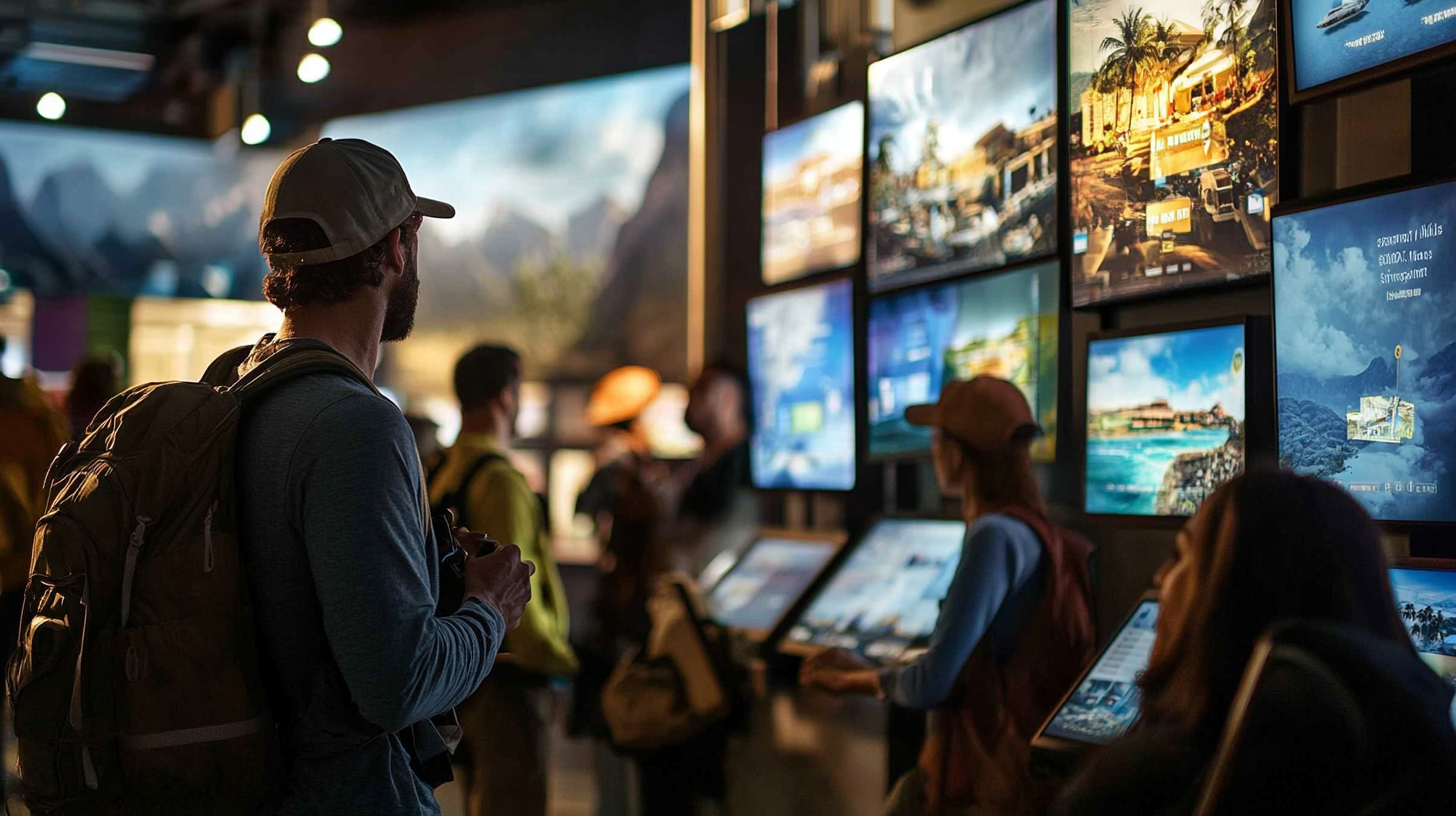
As of 2024, the global customized holiday market is valued at a remarkable USD 134.2 billion, with a projected growth rate of 13.2% CAGR, reaching an astounding USD 463.6 billion by 2034. This explosive growth underscores how the demand for personalized travel experiences is profoundly transforming the tourism industry. Travelers are increasingly seeking journeys that reflect their personal interests and values, shifting away from traditional, pre-packaged tours to customized itineraries that cater to individual preferences.
Key growth drivers include the rise of solo travelers and free independent travelers (FITs) who desire flexibility and control over their travel experiences. The market is highly competitive, with companies focusing on creating unique packages, leveraging digital marketing strategies, and prioritizing customer satisfaction to differentiate themselves. Regional insights highlight market analysis across major global regions, indicating widespread adoption of personalized travel solutions, from Asia-Pacific to North America and Europe. This global trend signifies a fundamental shift in how travel experiences are curated and consumed. The Rapid Growth of the Customized Holiday Market
Strategies for Success in Hyper-Personalization
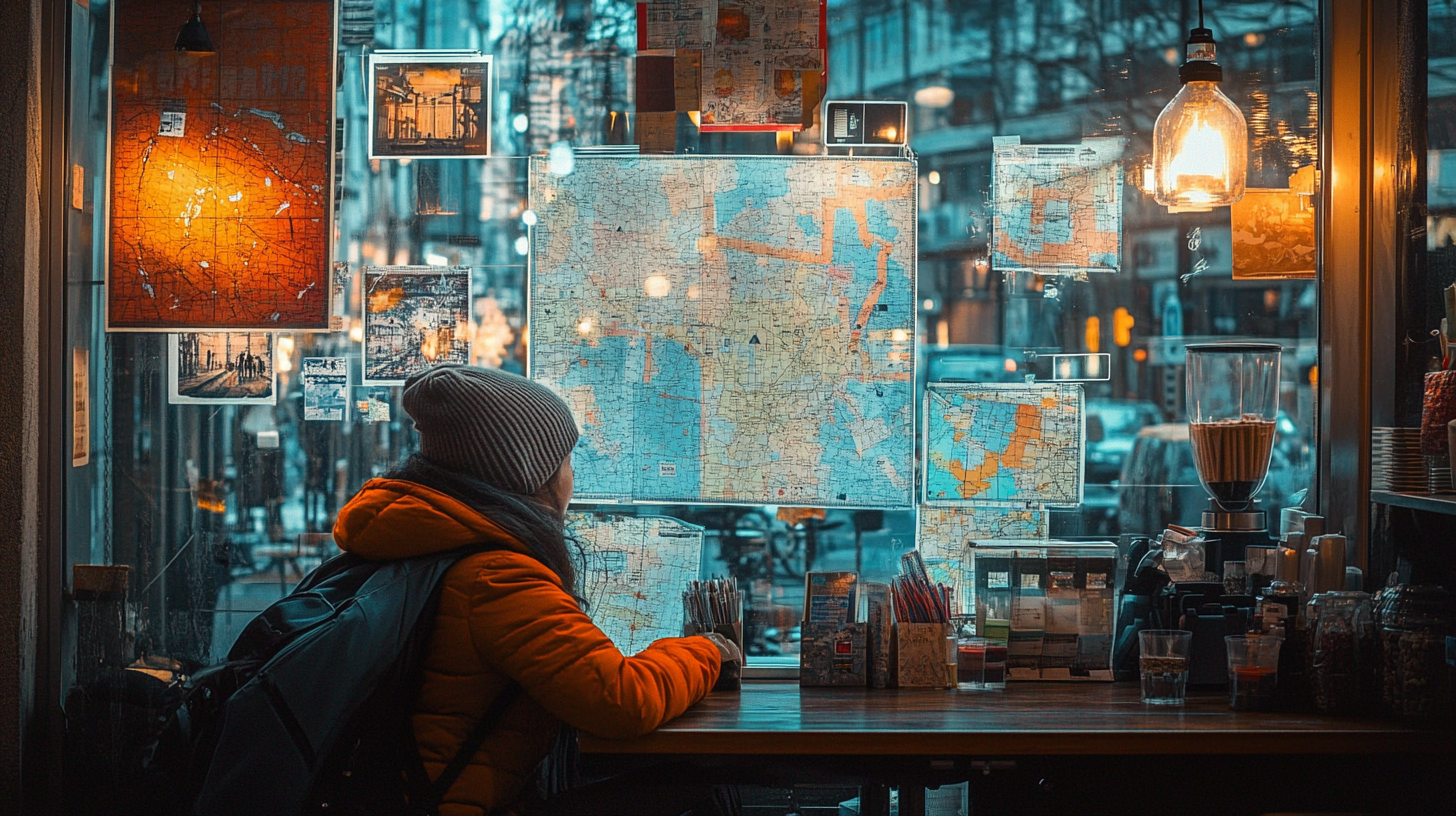
Businesses eager to capitalize on hyper-personalization are strategically focusing on both ecosystems and subscription services to enhance personalization efforts. Building an ecosystem allows companies to provide a seamless, continuous personalized journey across different services and touchpoints, creating a cohesive and integrated experience for the traveler. Subscription services, on the other hand, cultivate long-term customer relationships by offering exclusive benefits, personalized offers, and a sense of belonging. Notably, subscription companies grow significantly faster than traditional businesses, emphasizing their potential to drive sustained growth and customer engagement. The Growth Potential of Subscription-Based Travel Services
Incorporating AI tools is pivotal in facilitating personalized marketing and improving customer communications. By leveraging data analytics and AI-driven insights, companies can engage with customers through social media and location-based strategies in a more meaningful way. Techniques like AI chatbots provide instant, personalized assistance, while geotargeting enables businesses to send location-specific offers and information. Personalized communication not only enhances customer interactions but also fosters loyalty and satisfaction, which are critical components of long-term success in the hyper-personalized travel market. Effective Strategies for Hyper-Personalization in Travel
The Role of AI in Shaping Travel Experiences

Artificial Intelligence is revolutionizing travel experiences by streamlining processes, enhancing personalization, and increasing operational efficiency at every level. In this AI-driven era, travel experiences are set to become highly personalized, as technology enables companies to understand and anticipate individual needs like never before. Drawing parallels with companies like Amazon and Netflix, which utilize AI for tailored recommendations and predictive analytics, the travel industry is poised to harness AI’s capabilities to create bespoke journeys that align perfectly with each traveler’s preferences. Future Trends in AI and Travel Personalization
Artificial Intelligence in tourism offers hyper-personalized experiences through advanced technologies such as deep learning and natural language processing. These technologies enable tailored services, from customized travel itineraries to personalized customer service interactions. Several case studies highlight AI’s capabilities, showcasing how machine learning algorithms can refine hotel recommendations based on a multitude of factors, or how smart tourism initiatives use real-time data to enhance visitor experiences in destinations. As AI continues to evolve, its role in shaping the future of travel becomes increasingly significant, offering endless possibilities for innovation and personalization.
Embracing the Future of Hyper-Personalized Travel
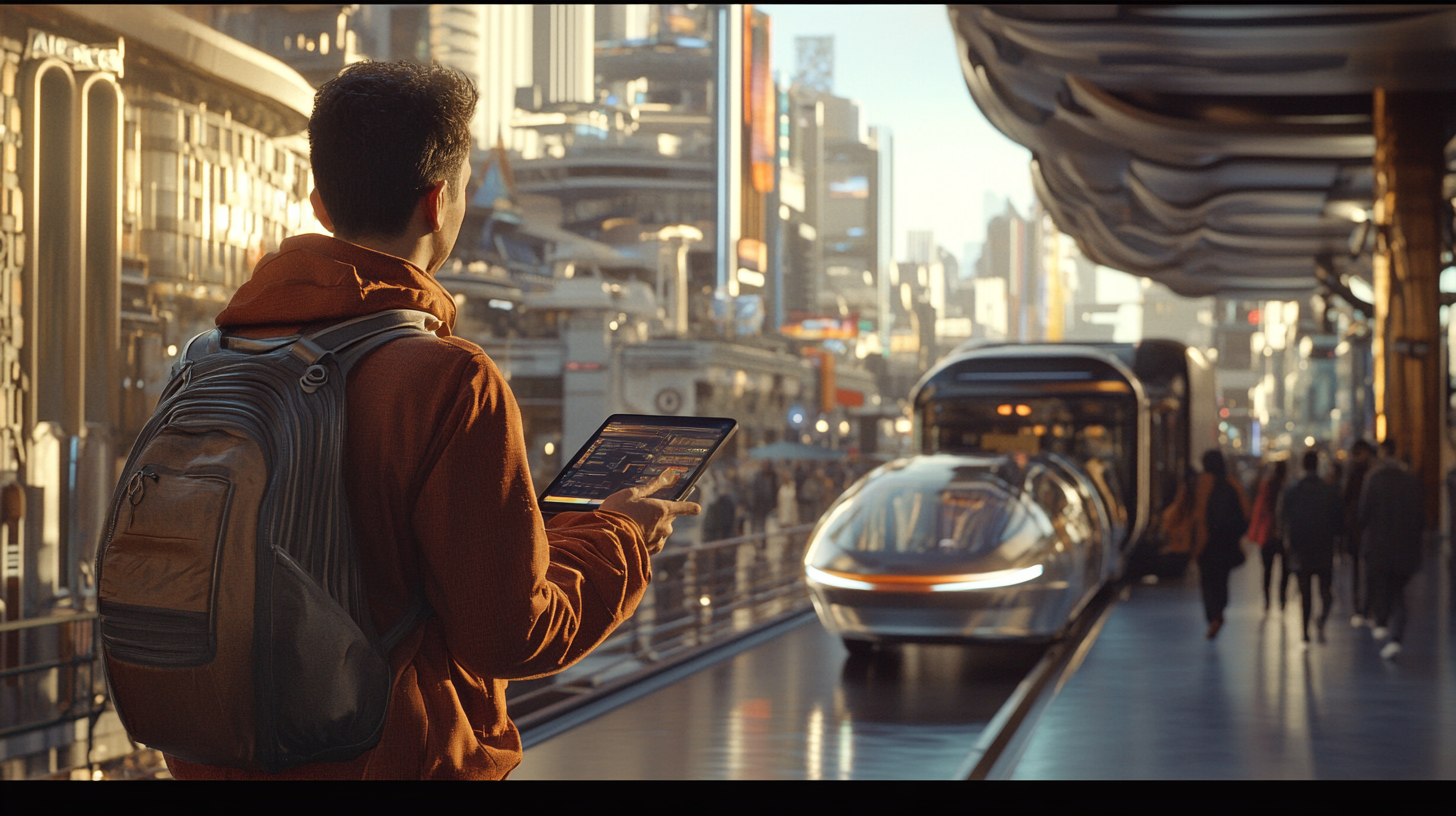
Travelers are increasingly trusting AI to deliver personalized travel experiences, with 33% having used it for planning and 46% intending to try it in the near future. This growing acceptance demonstrates how AI-driven personalization is becoming an integral part of the travel landscape. AI offers tailored recommendations that not only match but anticipate traveler preferences, fostering loyalty in travel programs and signaling a significant shift towards individualized journeys. Adopting AI for Personalized Travel Planning
Despite ongoing privacy challenges, AI enhances travel planning efficiency and cost-effectiveness by analyzing vast amounts of data and offering real-time suggestions. For example, AI can alert travelers to flight delays and automatically suggest alternative arrangements, or recommend dining options based on dietary preferences and current location. Companies are empowering brands to enhance their travel loyalty programs using innovative AI technology, creating personalized experiences that deepen customer engagement and satisfaction. By embracing AI, the travel industry is poised to deliver more meaningful and customized experiences than ever before.
Final Thoughts

Hyper-personalization is not just a passing trend but represents a fundamental and enduring shift in the travel industry. By leveraging advanced technologies and deep customer insights, travel companies can offer unique, tailored experiences that meet and exceed the evolving expectations of modern travelers. This personalized approach transforms travel from a simple transaction into a meaningful journey that resonates on a personal level.
While challenges exist, particularly around data privacy and maintaining the human touch in an increasingly digital world, the potential benefits in customer satisfaction and loyalty are significant. Companies that successfully navigate these challenges stand to gain a competitive edge in a crowded marketplace.
As technology continues to advance, hyper-personalization is poised to become an integral part of the travel experience, offering immersive, customized journeys that not only delight travelers but also redefine the future of tourism. By embracing this shift, the travel industry can create richer, more engaging experiences that forge stronger connections between travelers and the world around them.
Follow us back to milesBUZZ for more insights and updates on the evolving world of travel.



